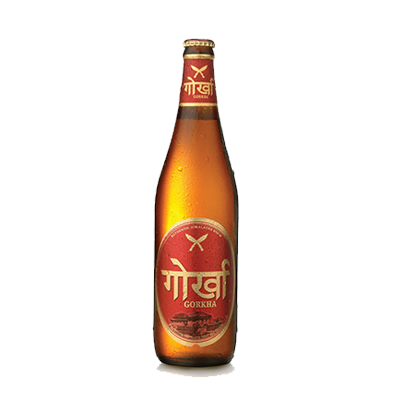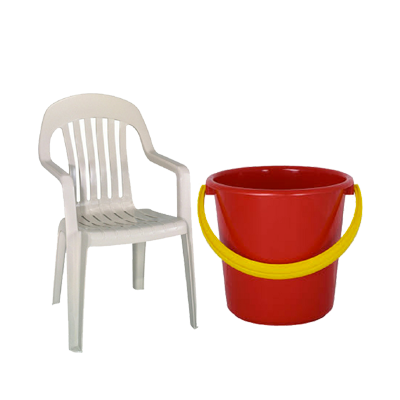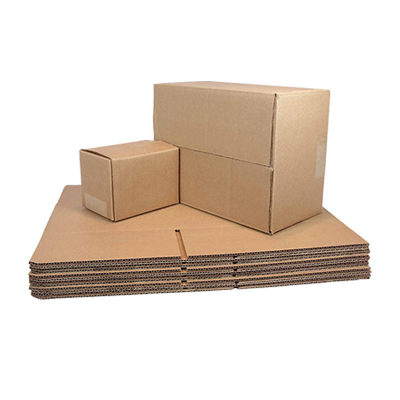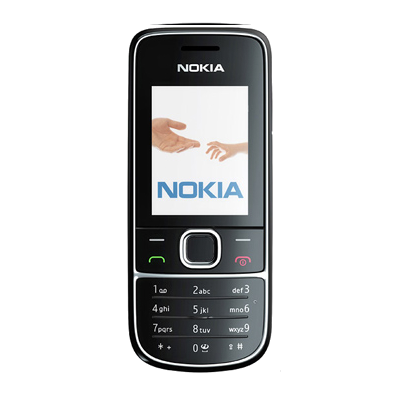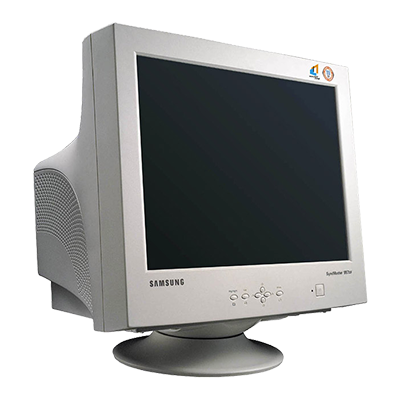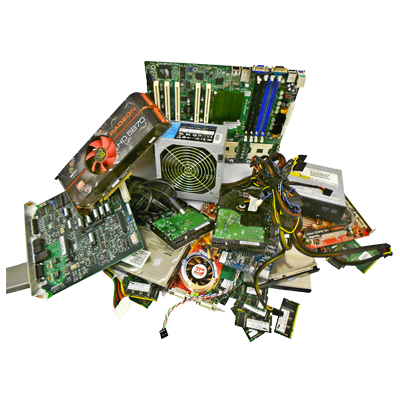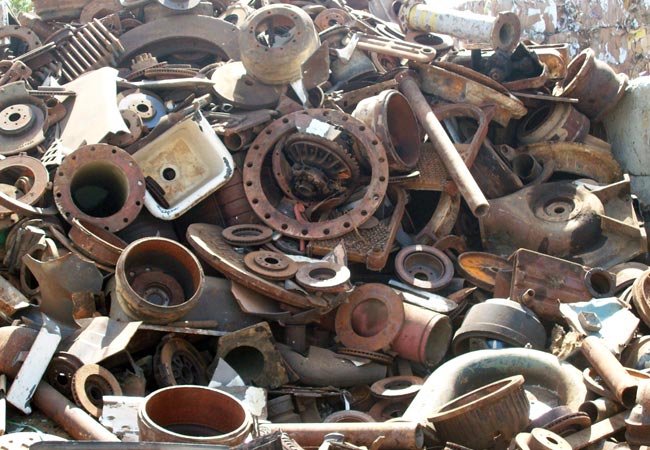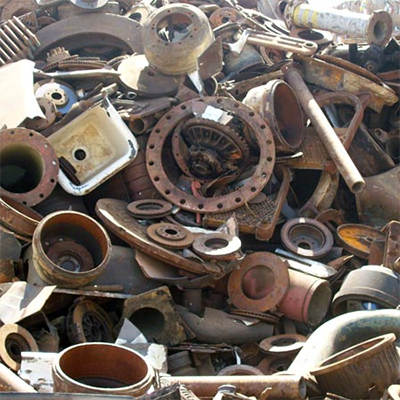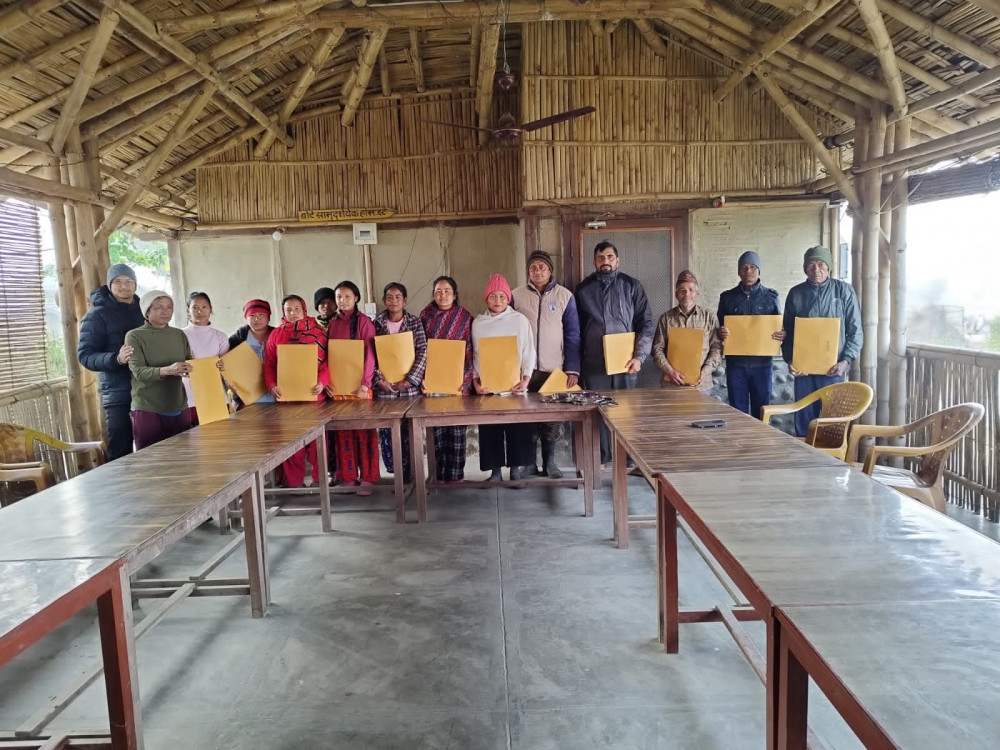
2023-12-26
Waste Management Project in Bankatta Village: Training on Waste Management and Installation of Community Bins
In the Bankatta neighbourhood of Madi village of Chitwan, Doko Recyclers and Connecting Space recently collaborated to arrange a waste management training and community bin placement program on December 22. We had to cross two small rivers on the way to the village, which made the trip fascinating. There, we learned about the negative effects that bad waste disposal practices had on the picturesque waterways. The residents of Bankatta relied on firewood and plastic to stay warm because they were ignorant of waste management procedures. As a result, they received extensive instruction and training to comprehend correct garbage disposal techniques and advance sustainable practices.
Eleven clusters were created in the village with the aid of Connecting Space. To guarantee efficient coordination and communication between the clusters, each village cluster chose one representative. The program started with meetings between cluster representatives and important community stakeholders. During these sessions, they talked about the garbage generated currently, waste management techniques, and the different issues the community faces with waste management. The cluster representatives received training on waste monitoring and coordination, working with the municipality for non-recyclable garbage and scrap centres for recyclable waste.
Teachers, staff members, and students attended a training session at Shree Rastriya Adharbhut Vidyalaya, where they learned about various trash categories and practical waste disposal techniques. The community was introduced to colour-coded waste disposal bins alongwith waste management practices. The intention was to instill in the younger generation a sense of accountability so that they could assist in leading their elders. During these workshops, the proper usage of community bins and the importance of separating recyclable and non-recyclable waste were the main topics of discussion. Participants received hands-on instruction from Doko on how to recognize waste, properly separate it into several categories, and utilise appropriate bins for each type of waste. Remarkably, a small number of schoolchildren attended the training sessions for almost ten clusters with great excitement, eager to learn about trash segregation.
Since bicycle hawkers frequently visited the village and collected some of the waste, it was thought that the recyclable waste gathered in the community bin and sold to the scrap centre or the cycle hawker was a workable alternative. In order to achieve this goal, a field trip to scrap yards close to Bankatta village was planned. This gave valuable information regarding the locations of recyclables that could be collected once the bins were full. These facilities will someday be essential to the processing of recyclable materials since they can gather the recyclable portion of waste produced and send it to an appropriate business for recycling, where it can be turned into new materials or products. Information about almost three scrap centres that take different kinds of recyclables was made possible with the support of the program. Community members can now close the recycling loop, preserve resources, and participate in the recycling cycle by selling recyclables to these centres. It's likely that the community members can now profit financially from the same loop.
The cluster heads from 11 clusters attended a final training at the Community Culture House after the cluster-wise training and visit to the scrap center. There, they reviewed project objectives and roles, including contacting local waste pickers and scrap vendors for selling and disposing of waste in community bins. Each of them received waste audit forms and contact information. A thorough handbook on waste management that covered subjects like garbage types, efficient methods for managing various waste kinds, and the value of community involvement was also sent to each cluster.
This waste management training program for the Bankatta community in Madi village effectively involved cluster representatives, students, and community members in encouraging responsible trash disposal and appropriate usage of community bins. Notably, these bins with distinct sections for recyclable and non-recyclable waste were given to each cluster, which is in line with the program's goal of increasing waste management knowledge while lowering pollution and landfill waste. In order to ensure long-term environmental sustainability, Doko believes that these ongoing waste management education initiatives are crucial.

